
Self-Knowledge and Self-Discipline
“The observance of Lent is the bond of union in our army; by it we are distinguished from the enemies of the Cross of Christ; by it we turn aside the chastisements of God’s wrath; by its means, being guarded by heavenly support during the day, we fortify ourselves against the prince of darkness. If this observance comes to be relaxed, it is to the detriment of God’s glory, to the dishonor of the Catholic religion and to the peril of souls, nor can it be doubted that such negligence will become a source of misfortune to nations, of disaster in public affairs and of adversity to individuals.”
– Pope Benedict XIV, May 29, 1741
Dear Friends of Carmel,
Holy Lent, the season of penance, is upon us. In past Lenten letters, we have tried to present what Holy Church teaches about this season, the “Why” of it all, since so many of us take up its practices like a huge burden to be borne for 6 weeks until Easter comes to remove it. And what are these practices that Holy Church enjoins? As in all things, she only bids us do what Jesus Christ taught us to do: Fasting, almsgiving, prayer (Mt. 6:1-16). Yes, Divine Wisdom, Christ Himself, revealed the true beauty of these works, urging the hearts of us all to take them up with joyful purpose – His purpose in having us perform them:
Fasting is as wide as all the things a man does by way of curbing his selfishness, almsgiving is a generosity as all-embracing as the things a man does for love of his neighbor, and prayer is a word that covers all that a man does in worship of God. Obviously, none of these are done to puff a man up, … none of them look to the applause of men, but all of them spring from and look to the God in whose name a man finds strength to get them done. So understood, it is these three that lead a man to his happiness and turn him away from the misery awaiting him who puts his happiness in carnal pleasure, riches and honors. (Father Walter Farrell, Only Son)
The time of Lent is perhaps the only time that some people think to take stock of their lives with some measure of seriousness. That is a good thing – and this “taking stock” is meant to become a habit in the spiritual life. Indeed, it is something serious Christians do every day. It is called examination of conscience. Conscience is the judgment of the practical intellect that decides, from general principles of faith and reason, the goodness or badness of a way of acting. It is how we decide in the here-and-now what we should do as good or avoid as evil. The practice of the daily general examen, therefore, is a prayerful periodic consideration of one’s conscience, to determine what faults we have committed that call for repentance, and what good actions we performed, for which we should thank God. The particular examen is just that – more particular and focused: “Regular prayerful examination of one’s conscience by concentrating on some one particular moral failing to be overcome or virtue to be exercised. Its focus is on such external manifestations of the fault or virtue as can be remembered for periodic inventory. Particular examens are changed weekly, monthly, or otherwise in order to ensure maximum attention.”
Note the word “prayerful,” since, of course, none of us is able to make a good examination of conscience without God’s help. We must pray for light and willingness to face humbly the truth about ourselves that God will reveal to us. It is a great help to have a guide of some sort, and an excellent one is published by the priests of the Seraphim Company, who publish the Liturgical Calendar you are familiar with on our website. It is a simple concise summary, starting with some point for brief meditation such as what sin is and how it offends God, followed by a thorough listing of all the different kinds of sin, and ending with a form for making a good confession. We have made a .pdf version of this pamphlet available on our website, as either a three-fold double sided pamphlet or a single full page document, which you can print at home. We have also made the leaflet available on our website. The nominal fee is to cover the of printing and the stamp to ship them to you.
In religious life, we make two examinations of conscience every day. The particular examen follows Vespers, when all the Sisters kneel briefly in the Choir before processing to the refectory. The other, a more general examen, is made at the end of the night before bed.
Self-Knowledge and Self-Discipline
Knowing now what the examen is, we can readily understand how necessary it is to have knowledge of oneself – and how really that “prayerful, periodic” examination of conscience can itself lead to a true, wholesome self-knowledge. The season of Lent is the very best of times to pursue this knowledge – and to assess how best to face and correct what we find out! The penances, the mortifications of Lent rein us in, pull us away from worldly pursuits, and urge our souls to silence and recollection. Father Gabriel reminds us that the purpose of mortification is to discipline and control the tendencies within us that are contrary to the life of grace:
We must curb ourselves in order to avoid falls; we must prune the useless or harmful branches in order to avoid deviation; we must direct toward good the forces which, left to themselves, might lead us into sin. For these reasons mortification, although it is not an end in itself or the principal element in the Christian life, occupies a fundamental place in it and is an absolutely indispensable means toward attaining a spiritual life. (Divine Intimacy)
One needs a good measure of discipline to do all of this. Turning from what is either evil or far from perfect demands restraint and a true “re-directing” of old habits to new, corrected and improved ones – from pleasing oneself, to pleasing God and walking in His paths. Neither Lent nor changing one’s life for the better is easy – but it is meant to be lovingly sacrificial. Every true Christian must heave a sigh of prayerful gratitude: “Thank God for Lent!”
God helps us in our infirmity
Happily, we are not alone in our struggles during Lent. God is present with His help when we turn to Him in humble penitence, resolving with all our hearts to follow more faithfully “the narrow path” that leads to eternal life (Mt. 7:14). Remember the simple Act of Hope we (should) pray each day: My God, relying on Thy almighty power and infinite mercy and promises, I hope to obtain the pardon of my sins, the help of Thy grace and life everlasting, through the merits of Jesus Christ, my Lord and Redeemer. A fine summary of what should be our attitude during Lent! Dependence on God (not self) and confidence in the help of His grace!
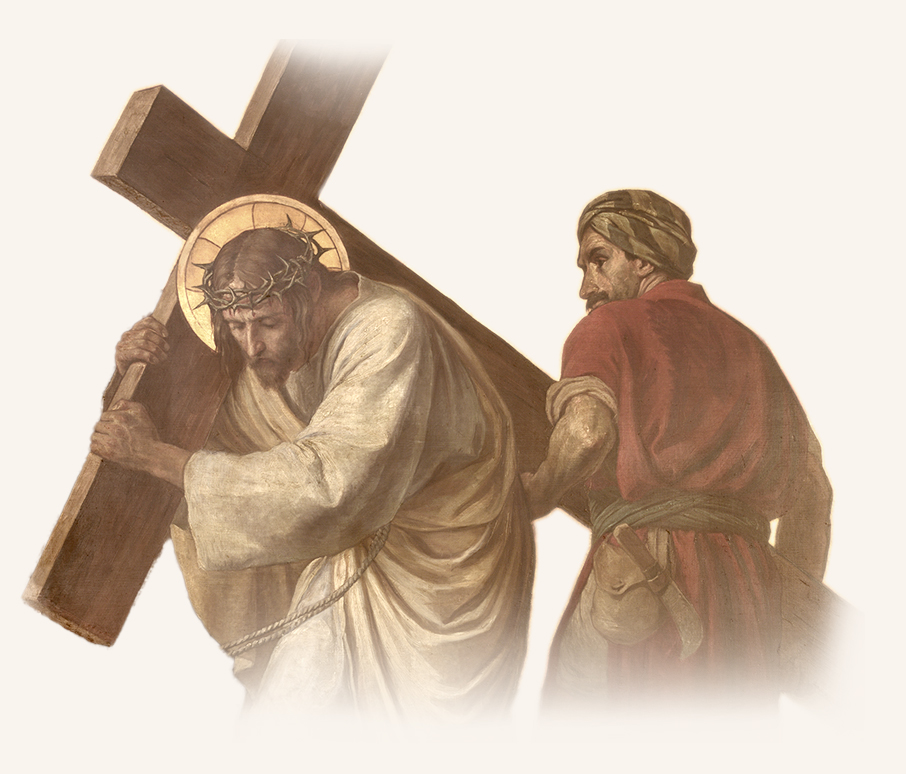
Lent is such a sacred and grace-filled time, as we take up the Cross and the struggle to know better the cause of all suffering: our own sins. It is a time for growing in holiness, conforming ourselves to Christ Our Lord, and sharing in the glorious Redemption He has won for us. Let us all take full advantage of the graces offered us during these days, that dying with Christ we may rise with Him anew at Easter. Lenten reading will be a great support during this season, and we will suggest a few particular books further on. But we also invite you to peruse our past Lenten newsletters for more encouragement and suggestions regarding the devotions and the practices of Lent:
- Lent a Season of Healing – the history (even from the Old Testament) and purpose of fasting and its salutary effects in the soul: “This kind can be cast out in no way except by prayer and fasting (Mk. 9:29).”
- Why must I do Penance? – counsels and teaching from spiritual writers and Saints answering the proverbial questions: “Why must I suffer?” and “Why must I do penance?”
- The Reason for Lent – “Let us not harden our hearts to this invitation, lest there be fulfilled in us the terrible threat contained in those other words of our Redeemer: ‘Unless you shall do penance, you shall all perish.’”
- Lenten Conversion – Thus saith the Lord: “Be converted to me with all your heart.” Let us hearken to the call.
- Lenten Penance – Let us recall some of the reasons for our penances and fasts, and also remember how Holy Mother Church instructs us to do penances, almsgiving, fasting, and prayer.
- The Divine Sculptor – loving acceptance and abandonment to Divine Providence as a form of penance.
- Poverty of Spirit – earthly detachment in the virtue of Poverty.
Website News
Spiritual Reading for Lent
As well as visiting our website’s Lenten Books selection, all of our past Lenten newsletters have included recommended books that foster in our souls the work of love and penitence – one more reason to visit those archives from Lents past. One suggestion would be to choose for Lent one book on the spiritual life and one on the Passion of Our Lord. You may be surprised at how the two will work together for the good of your soul, each reminding you of the other: our sins and failures / Christ’s suffering that has borne those sins as if His own, meriting our redemption.
Above, when we spoke of the examination of conscience, we went further by briefly discussing the benefit of knowing and disciplining of oneself to make progress in the spiritual life. The beautiful book Self-Knowledge and Self-Discipline (from which we borrowed the title of the newsletter) by Father Maturin, we readily admit, was our inspiration. Wonderful to see, this book has been reprinted, and we are offering it now on our website. This is another book we ourselves have used most fruitfully over many years. We added it to the books for instructing novices in the spiritual and Carmelite life. Father Maturin begins his book with the obvious: in order to grow in the Christian life, we need to know God – but we also need to know ourselves:
But the knowledge of self is as necessary for the spiritual life as is the knowledge of God. It is at once a condition and an effect of this knowledge. The more we grow in the knowledge of God the deeper our knowledge of self, and if we would attain to any knowledge of God there must be some knowledge of self…Father Maturin reminds the reader that all sin is the result of misuse of our God-given powers of mind and body; and that self-discipline aims at reversing that tendency in all of us to aim at “true use” of those powers: “For the joy that is set before us we endure the cross” – we do not endure it merely for its own sake, but for what lies beyond it. And we bear those acts of self-denial and self-restrain because we feel and know full well that through such acts alone can we regain the mastery over all our misused powers and learn to use them with a vigor and a joy such as we have never known before.
One other book we are pleased to share with you is yet another rare and out of print book: Only Son by Father Walter Farrell O.P. Reading the life of Christ or some commentary on it makes excellent spiritual reading, especially when one desires to highlight the liturgical seasons in one’s own life. Father Farrell is most well known for his monumental work, Companion to the Summa – that is, St. Thomas’s Summa Theologica. This Thomist scholar, theologian and professor did not fail in his Dominican ideal – the passing on the fruits of contemplation to souls. It was at the end of his short life that he was working on Only Son, and indeed did not complete it. However, his chapters on Our Lord’s Death and Resurrection from Companion to the Summa were chosen as a fitting completion of the book. Only Son is both a summarizing narrative and commentary of the Gospel story with beautiful, practical, almost wry, insights into the life of Our Lord and His great work of redemption.
Devotion to the Holy Face – A year ago, our Lenten newsletter focused on the devotion to the Holy Face, a fitting devotion both for Lent and for our times! We have been able to add the Manual of the Archconfraternity of the Holy Face to our website. It is the perfect guide to practicing this devotion. It contains Litanies, Aspirations, and even the Mass texts for the Mass in honor of the Holy Face, as well as letters to and from the Holy Father promoting it.
Gregorian Chant Music Streaming
Quite a few years ago now, the Sisters recorded a Gregorian chant CD with Servants of the Holy Family. The tracks contain timeless Gregorian chant, as well as a few polyphonic pieces, all sung acapella. All of the selections can be considered ancient in the world of music. To mention just a few:
- For centuries, “In Paradisum” has been solemnly chanted at the end of a Requiem Mass, as the body of the faithful departed is escorted from the church: “May the angels lead you into paradise; may the martyrs receive you at your arrival and lead you to the holy city Jerusalem…”
- The Kyrie from the 10th century Mass “Te Christe Rex Supplices” – we chant this Mass each year of the Feast of Christ the King.
- Polyphonic pieces from some of the most renowned sacred music writers of the 16th and 17th centuries, such as Palestrina and Byrd.
- “Lapis Revolutus Est” is a hymn we will sing (and love to sing) at Benediction on Easter Sunday each year.
These chants are part of the beautiful historical tradition of the Church: forever ancient and forever new! Just recently, the mournful but peacefully triumphant chant, “In Paradisum” filled our own small chapel here as we laid to rest a long-time friend.
Over the years, we have offered the choral recording as a CD and then an audio download. We have done our best to “catch up with technology” once again, and the tracks are now available on many streaming music services: Spotify, Apple Music, iTunes, Amazon, Pandora, and Deezer. If you are not familiar with sacred Church music, we urge you to give it a listen!
The Stations of the Cross is an ancient Lenten practice, instituted by none other than Our Blessed Mother Herself: it is an ancient tradition that after Our Lord’s crucifixion, she daily visited the different scenes of His Passion, and devout Christians imitated her example. This devotion has a long and beautiful history, and we encourage you to read more about it on our website and in our past newsletter.
Passion of Christ Relic Badge
We continue the project of updating and perfecting our handmade relic badges. Keeping the special plastic disks in stock in the current time of supply shortages and delays has been a challenge! But we are doing our best to keep the badges up and available on our site. Our chapel recently acquired a relic from the nail of the cross (a small iron shaving), directly from the Roman basilica of the Holy Cross in Jerusalem. We wanted to share this great treasure in some way, so we have created a “Relics of the Passion” badge (in both brown and black thread), which has a cloth touched to this and the many other relics we have in the Monastery connected to Our Lord’s passion and death. During this season of Lent, as we “go up to Jerusalem” to re-live His Passion with Him, we hope this badge will be a beautiful aid in contemplating this great mystery.
The Pardon Crucifix is renowned for the personal love Pope St. Pius X had for it, as well as his remarkable interest in promoting it worldwide. He, the pope who died grieving over the inevitable coming of the First World War, was deeply moved at the message and purpose the crucifix championed: mercy, forgiveness, pardon. Read more in our past newsletter about the special engravings that make up this crucifix, which we now offer in an antiqued gold oxidized version.
Brass Rosaries and New Beads
Those familiar with our handmade rosaries will know that we have always offered three different types of metal for our wire and chain rosaries: nickel silver, sterling silver, and gold filled. Many requests have come to us over the years for brass rosaries from people who are looking for that antique look. Additionally, with the price of gold filled parts continually on the rise, brass is a pleasant and less expensive option for the “gold” preference.
While we have not yet decided to incorporate brass as an option into our “Build a Custom Rosary” feature, we have created a brass gallery rosaries page, seeking to determine if brass is something people will like. We have also designed many new “Gallery Rosaries” to show examples of some of the beautiful new beads we have discovered around the world (also available in our build a custom rosary feature), including ruby, tanzanite, sapphire, fire opal, K2, Pyrite, honey amber and lovely new dyed jaspers. Some really good news for our rosaries is the return of excellent grade AAA almadine garnet – we have hunted for quite a few years for a good source and finally found one.
As we tell you about these new rosary options on our site, we feel it a good opportunity to remind and urge you once again to heed the loving message of Our Lady of Fatima: “Pray the rosary every day for peace in the world.” Truly, these are gravely ominous days, when the Mass and Sacraments are under attack more intensely than ever before on a multitude of different fronts. Christian civilization is in freefall, as we see elements of communist-style oppression emerging in countries worldwide. But those who are familiar with the messages of Fatima will know, that however unlikely it seemed at the time, Our Blessed Mother foretold these events and trends as a warning…. and also as a consolation. Our Lady has already given us the answer…..we need only use it, and she will come to our aid.
Easter Candles – Once again, we are expanding our selection of 100% beeswax devotional candles. Pastel colored Easter candles are now available in the votive, pillar, and taper style. It might be said that candles have a special connection to both Christmas and Easter. Christmas because of the Feast of the Purification and Christ being the light of the world. Easter, because of the great Paschal candle lit at the Easter vigil, which you can read about in our past newsletter. As always, please let us know if you would like us to have the candles blessed before sending them to you! A bleached white First Communion candle is also “in the wings,” and should be available soon. Just lovely craftsmanship on these special candles!
Community News
“The Lord giveth and the Lord taketh away…”
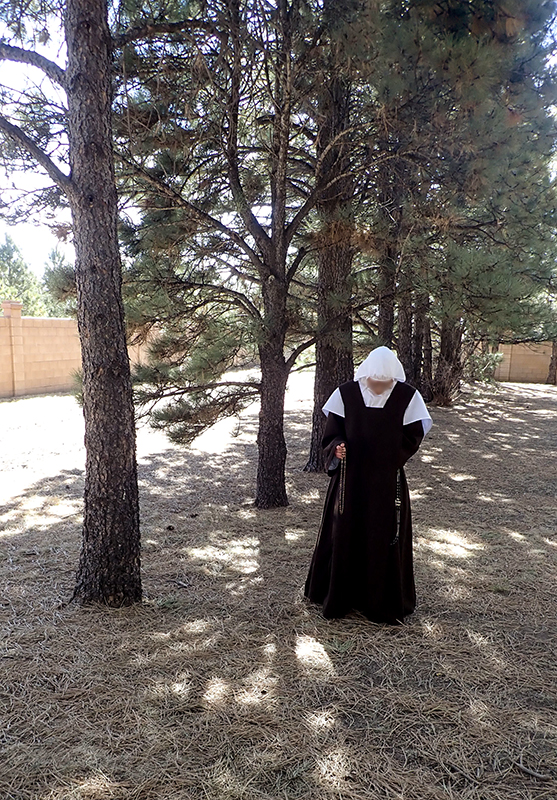
The prayer requests that come to us from all over the world are pleas for God’s help and pity on sorrows and anxiety, sickness and death. These entreaties we carry with us each day before the Face of God in prayer – especially at Holy Mass. There at the foot of the altar, in union with Christ the High Priest, we offer all sorrow, all hope for strength and relief.
With all the world in turmoil, how could Carmel not be affected? If, as Father Bernadot says, “All suffering well borne hastens the work of God in us (From the Eucharist to the Trinity),” every faithful soul must climb the steep hill of their own portion of Calvary. Yes, although He has kept us, on the whole, healthy and safe, the good Lord chose, in these past months, to take from Carmel three close friends. These were souls who, in His loving Providence, He gave as instruments of His love and generosity to our Community for many years.

They all lived far from our Carmel, but found ways of “getting inside” the cloister with their love and ingenuous ideas for helping us! From winter coats, boots, and gloves to healthy soups and intense research at the beginning of Covid; from singular interest in new postulants to providing coffee and tea to Carmel; from recommending the best of handymen and professionals to assist Carmel; all gave from their hearts – and “in secret,” just as the Lord commanded. They humbled us with their kindness and trust, they were to us shining examples of selfless generosity. All three of these dear people ended their lives in serious illness, exhausted and no longer able to give… We beg your good prayers for these souls – that they may rest from their labors in God’s holy peace!
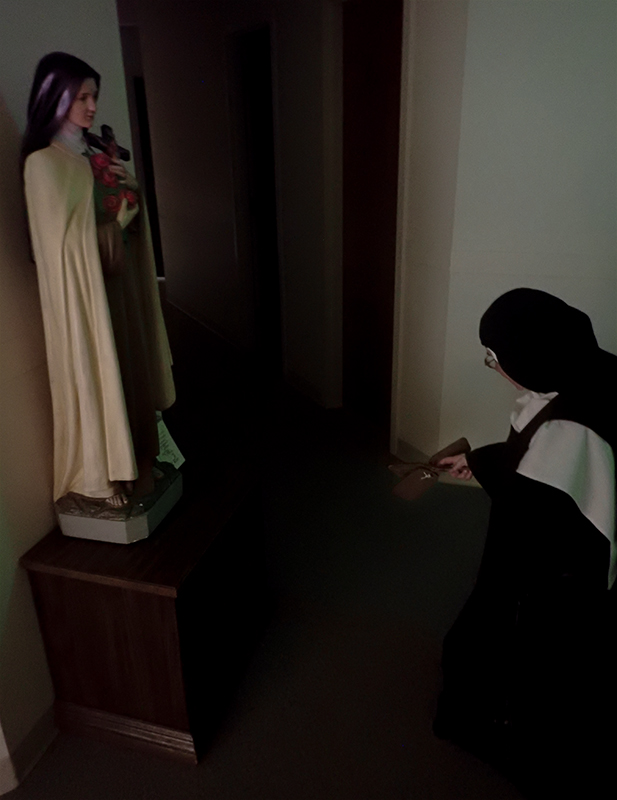
Please know of our continued prayers for all who are facing seemingly overwhelming difficulties – decisions regarding their livelihoods and the good of their families; those who are being persecuted for their Faith, who persevere for good under opposition, who are ostracized and alone for daring to stand up for God’s rights. How many are still being deprived of the Mass and Sacraments? How many, crushed to the breaking point, are struggling even to hold on to faith in God? The temptation to give up is strong, and help seems so far away. Before sending out a newsletter, we check for “unsubscribers,” who most often have just changed their email address and re-subscribe. But how heartbroken we were to hear some of the more recent reasons for unsubscribing: “I now consider myself an atheist,” or “not practicing anymore.” More souls to carry with us in prayer!
As we enter the season of Lent, all the troubles, trials and crises of our times, make the season come all that much more alive. Our thoughts re-echo the sentiments expressed by the grief-stricken prophet, Jeremias: “Jerusalem, Jerusalem, return to the Lord your God!”
Other News
In truth, there is not very much to report! Daily life goes on. We rise, have our prayers, our Mass, our daily works….our meals and recreation in community, and when the sun goes down we kneel for our evening examen, thank God for the blessings of the day, beg pardon for our failings, and resolutely determine to make progress toward our ultimate goal the next day…. Heaven!
There is, of course, the age old problem of having found ourselves with far too much to do and not enough hours to do it – a problem that we venture to say will only be solved once we are in Heaven. Then, time will have ceased and we won’t have to worry about it all any more. But in this mortal coil, there remain deadlines, with the hours always relentlessly running away from us.

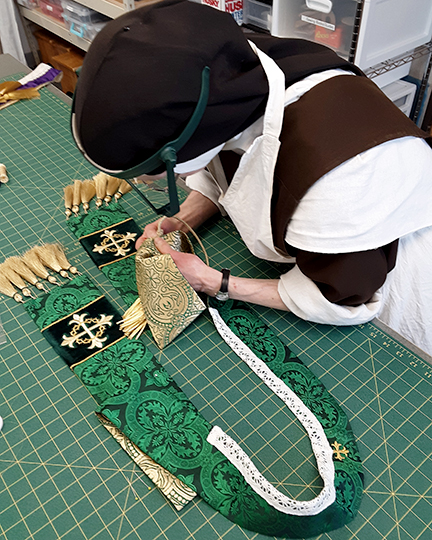
The sewing room is full to the brim these days, as we have multiple sewing and embroidery projects in the works, as well as keeping up with our own habit repairs. Our kitchen Sisters are putting their heads together to think up new ways to cook beans – a staple in the Lenten diet. Winter brings snow, which brings out the snow shovels, which becomes part of our morning routine when arctic fronts reach down to Colorado. Rosaries must be made for Easter Baptisms and First Communions, and before we know it we will be making our own Easter preparations – ironing the “purples” that cover the statues on Passion Sunday, preparing fresh linens for all of the altars, practicing the chants for Tenebrae (one of the only times we sing the office in full Gregorian chant) and for the sacred ceremonies of the Holy Triduum.
We pray that these Lenten days of retreat are fruitful ones for each of you. Know of our remembrances before Our Lord and His compassionate Mother!
In Christ,
Your Carmelite Sisters
Petitions of St. Augustine
O Lord Jesus, let me know myself, let me know Thee
And desire nothing else but only Thee.
Let me hate myself and love Thee
And do all things for the sake of Thee.
Let me humble myself and exalt Thee
And think of nothing else but Thee.
Let me die to myself and live in Thee
And take whatever happens as coming from Thee.
Let me forsake myself and walk after Thee
And ever desire to follow Thee.
Let me flee from myself and turn to Thee
That so I may merit to be defended by Thee.
Let me fear for myself, let me fear Thee,
And be among those who are chosen by Thee.
Let me distrust myself and trust in Thee
And ever obey for the love of Thee.
Let me cleave to nothing but only to Thee
And ever be poor for the sake of Thee.
Look upon me that I may love Thee;
Call me that I may see Thee
And forever possess Thee. Amen.
Sources:
Fr. John Hardon’s Modern Catholic Dictionary
Baltimore Catechism No. 3
Catholic Encyclopedia
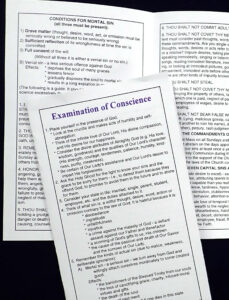

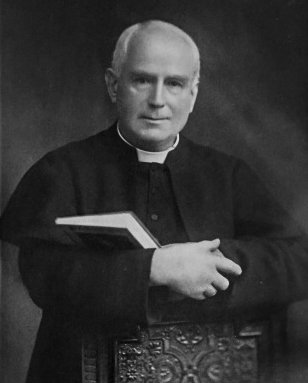
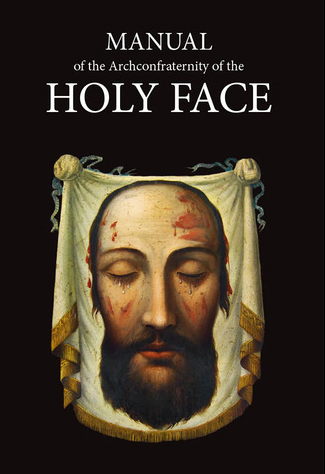
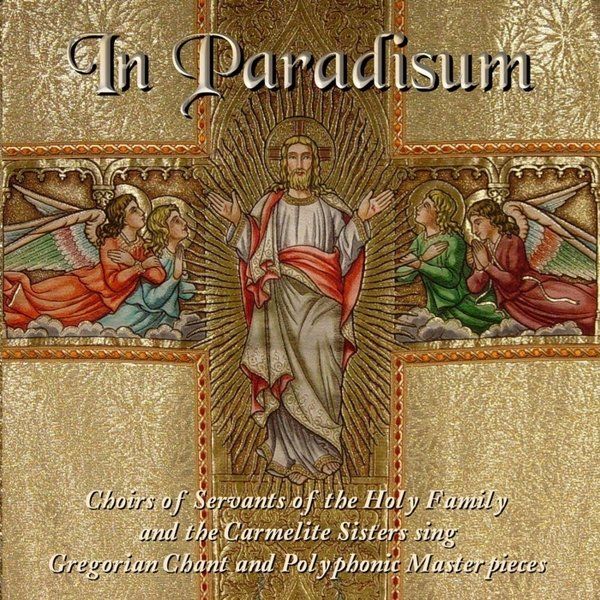
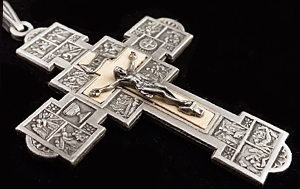
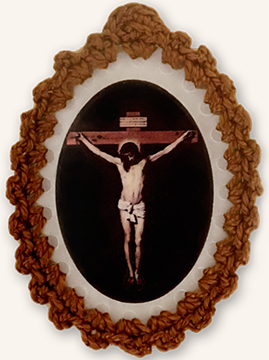
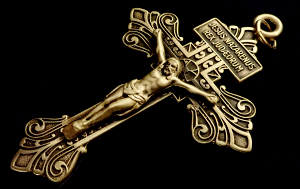



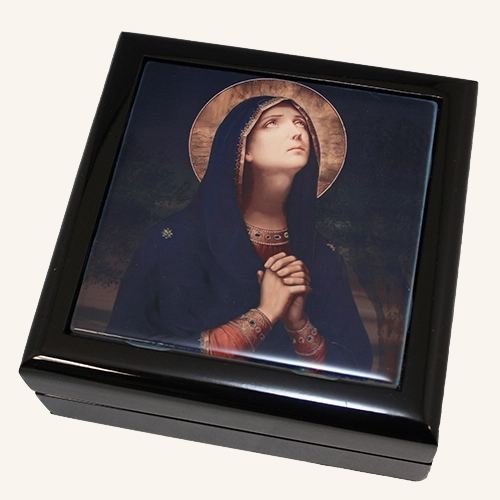

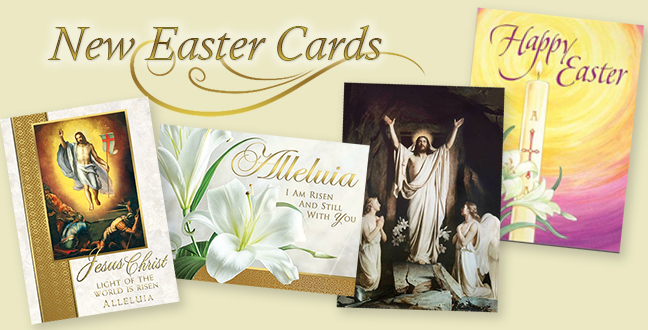
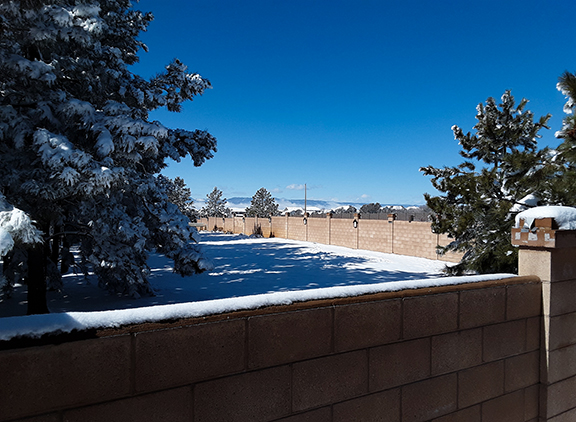
One thought on “Self-Knowledge and Self-Discipline”
Comments are closed.